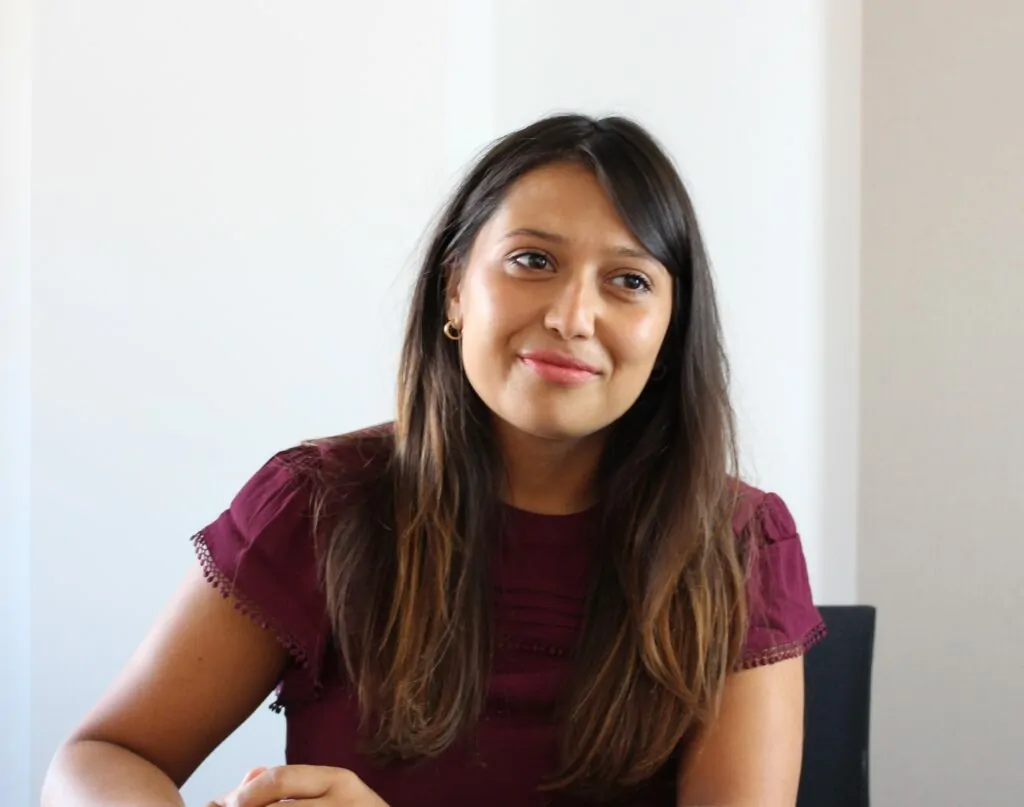Being charged with a criminal offence is many people’s worst nightmare. A police investigation can drag on for months, sometimes years, before the CPS make a decision to charge. In other cases, a decision is made shortly after an arrest. In either situation, the escalation of a case from police investigation to prosecution can make suspects feel as though they have already been convicted.
In this blog, Ella Jefferson, Consultant Solicitor in our Crime team, explores what the CPS must consider before they make a decision to charge and what, if anything, can be done to argue that a case should be dropped.
What does the CPS have to think about before they prosecute?
Generally, the CPS must make a decision regarding charge by reference to the Full Code Test as set out in the Code for Crown Prosecutors. In certain circumstances involving very serious offences where the CPS object to a suspect being granted bail, they can apply the less onerous Threshold Test.
Full Code Test
The full code test is a two-stage test. In practice, this means a lawyer at the CPS must look at the Police file and consider:
- Is there is enough evidence to provide a realistic prospect of conviction? This requires an examination of the quality of any evidence. Evidence must be consistent, reliable, credible and admissible. The CPS must also consider the strength of any defence case that has been advanced;
- If there is sufficient evidence, is it in the public interest to charge? This involves an examination of factors including the seriousness of the conduct alleged, the suspect’s culpability, any mental and physical health issues, their age and whether it’s proportionate in all the circumstances to charge.
Threshold Test
Sometimes the CPS will be able to charge a suspect by reference to a less onerous test. In these cases, the CPS must believe the following:
- There are reasonable grounds to believe that the person charged has committed the offence (a lower threshold than set out in the Full Code Test).
- Further evidence can be obtained to provide a realistic prospect of conviction.
- The seriousness of the circumstances requires an immediate charging decision.
- There are reasons as to why the suspect’s bail should be opposed.
- It is in the public interest to charge based on the information the CPS have at that time.
The decision to prosecute under the Threshold Test should be continually reviewed by the CPS. Use of the Threshold Test as justification for charging cannot continue indefinitely and the full test ultimately must be met. Usually this happens by the time the further evidence and material outstanding is received, and in any event, before the formal service of the prosecution case.
In appropriate circumstances lawyers representing defendants can write to the CPS before any charging decision is made. When making a charging decision, the CPS are under an obligation to consider whether the Full Code or Threshold tests are met.
If I’ve been charged, is my case definitely going to court?
This depends on a number of factors. The CPS are under an ongoing obligation to review a decision made to charge. This means when they come into possession of material that is indicative of innocence, or relevant to the charging decision, they must consider it in keeping with the test. Written representations can be made after you have been charged. These representations can (and often do) include medical or other evidence to support submissions made. Representations can argue the decision to charge is wrong and ought to be changed or, for less serious offences that have been admitted, that an out of court disposal is a more appropriate alternative to charge. Out of court disposals include things like police cautions or community resolutions.
Are there any offences that the CPS would never consider dropping having made the decision to charge?
Regardless of the seriousness of the charge, the CPS must always be satisfied that a decision to charge continues to be evidentially sound and in the public interest. Where the evidence is tenuous, unreliable or provably false, it may be worth drawing this to the CPS’s attention through the making of representations, even where the offence alleged is extremely serious. However, there are also other legal avenues that might be more appropriate (i.e. an application to dismiss, which can be made after charge and in court).
Where the evidential test is met, it can be more challenging to argue a case should be dropped on the basis of public interest factors alone where the charges are serious. This is particularly true of cases involving children or vulnerable individuals. However, it is still possible to make public interest representations in more serious offences. It is important to carefully examine each case and make tailored arguments based on the specific facts of each case.
Prosecuting a 98-year-old man with a physical disability for a first-time offence like shoplifting, might be disproportionate and representations might be entirely appropriate. However, making written representations on a murder charge may well not be appropriate.
Are there any risks in writing to the CPS to ask them to review their decision to charge?
It may sound like there could be nothing to lose by drafting representations, but there does need to be careful consideration as to what material should be included in any written representations, or indeed whether they should be drafted at all. If it is unlikely representations will be successful – for example, owing to a particular political appetite to prosecute certain offences – it may not always be in a defendant’s best interest to put forward their case before trial. Lawyers should think carefully about what should be held back and what should be put forward and why. Much depends on what the defendant has been charged with, what evidence the CPS have so far served, and whether any further evidence remains outstanding.
Ella Jefferson, Consultant Solicitor in our Crime team, has a track record of successfully arguing that matters should be dropped by the CPS. If you require assistance or would like further information, please contact Ella or view all of our Criminal Defence services.

